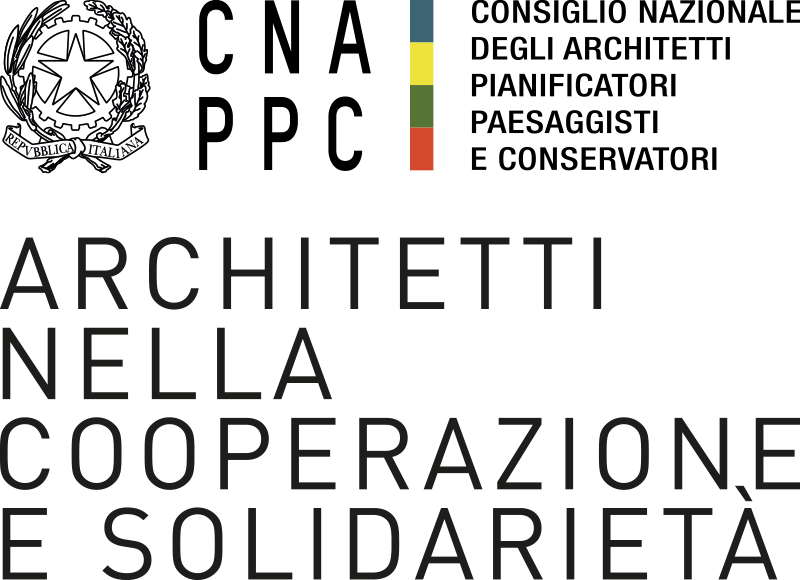THE CNAPPC
The CNAPPC is a public, non-commercial association of members, formed by Law n°1395 of 24 June 1923;
Provisional Legislative Decree n. 382, of 23 November 1944, places the CNAPPC under the Ministry of Justice and outlines its scope as coordinating and overseeing the Italian system of Orders of Architects, Planners, Landscape Architects and Conservationists, basing its organization on the presence of one hundred and five provincial Orders and, as of today, representing its 155 thousand members;
The CNAPPC is an organ of the Public Administration, based on art. 1, paragraph 2 of Leg. Decree 165/2001, but it is not subject to public funding measures, according to art. 2, paragraphs 2 and 2 bis of Leg. Decree 101/2013, converted into Law 125/2013.
The National Council of Architects, Planners, Landscape Architects and Conservationists – CNAPPC – is an organ of the Ministry of Justice and is composed of 15 members, elected by the provincial Orders, whose term of office is five years.
The current Council has been in office since 5 May 2021.
In-depth analysis of issues regarding the profession is carried out by the CNAPPC through its various departments.
DEPARTMENT OF COOPERATION, SOLIDARITY AND CIVIL DEFENSE
In order to address a key aspect of the policies of the National Council, the Department of Cooperation, solidarity and civil defense was formed (link: http://www.awn.it/istituzione/dipartimenti/6488-cooperazione-solidarieta-e-protezione-civile), targeting Italian architects who intend to work in disadvantaged and critical contexts and in emergencies.
The Department of Cooperation, Solidarity and Civil Defense deals with issues related to humanitarian emergencies and other catastrophes, mainly in situations determined by disasters, calamities, armed conflicts and endemic poverty, in which the profession can exercise the principles of cooperation and solidarity.
Cooperation, solidarity and sustainability are three pillars of a synergic approach to sustainable development of communities that are economically and socially disadvantaged, in Italy and abroad, with the aim of improving living conditions for these populations, both in terms of overcoming emergencies and of ensuring that their primary needs are met, so that development can occur. Always of critical and dramatic importance, the issue of solidarity calls for the definition of a complex central and peripheral organization whose interlocutors include both the institutions and the operators of reference. Ethical issues and professional competencies have to be addressed through specific training, because when we work in areas struck by disasters and calamities, devastated by armed conflicts or afflicted by widespread poverty and alienation, we must put into practice the principles of social operators of our category.
Developing and valorizing the social commitment of architects in emergencies is a process of professional maturation and a recognition of our capacity and competence in the service of society and its communities. These are the premises for creating an effective and visible activity, which must develop along two parallel paths.
On one hand, we must create a network of the experiences already under way, to create synergies and contribute to valorizing their results, on the other we must assist in the creation of professional opportunities that offer concrete operational options, along with ethical choices.
This means operating in an interdisciplinary context, with a plurality of competences, promoting the culture of the right to a decent habitat. Targeting a broad scenario of vulnerable situations and sectors, from emergencies caused by natural disasters and wars to social marginalization and distress, from contexts in which resources are limited, suffering from social and financial crises, to primary needs of hospitality, education and health care.
